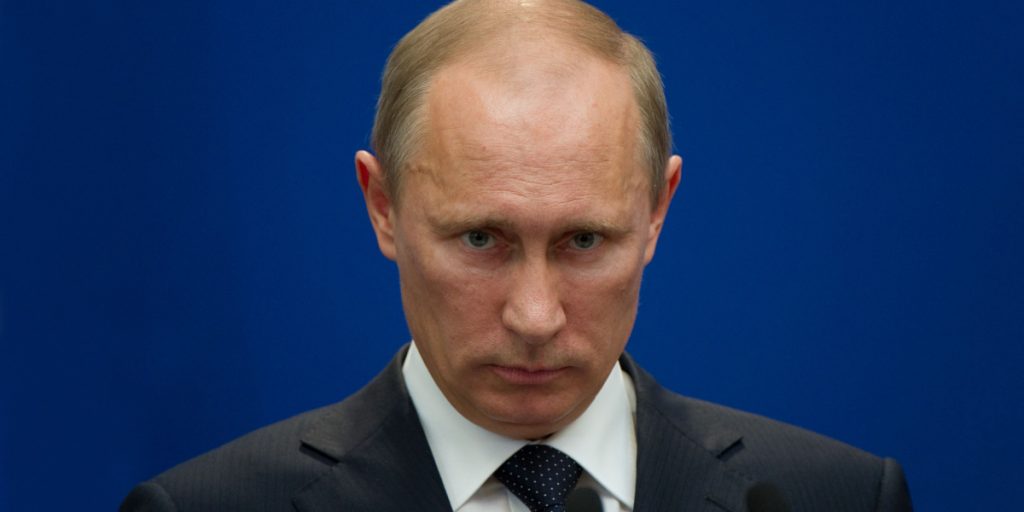A tax on childlessness could instill fear and mistrust among Russian citizens.
Others are reading now
A recent proposal by a Russian lawmaker to introduce a childlessness tax has sparked debate across the country.
Instill Fear and Mistrust
Andrey Gurulev, a member of Russia’s State Duma, suggested that such a tax could be used to modernize orphanages. His remarks, however, have drawn strong reactions from various sectors, including political leaders, experts, and the Russian Orthodox Church.
Gurulev’s idea has not been universally embraced. Nina Ostanina, chair of the Duma Committee for Family, Childhood, and Motherhood Protection, voiced her concerns, stating that a tax on childlessness could instill fear and mistrust among Russian citizens, according to URA.
Others in the political arena have echoed similar sentiments, arguing that such a tax conflicts with constitutional rights and personal freedom of choice.
Also read
Labeled a Provocation
Moscow’s Ombudsman for Children’s Rights, Olga Yaroslavskaya, criticized the proposal as extreme and accused Gurulev of engaging in “extremism against childhood.” She called for more supportive measures for families rather than punitive policies.
Despite the opposition, some have backed the proposal. Jomart Aliyev, vice-rector of the Russian State Social University, revealed that criteria for such a tax have already been developed by university experts.
Nevertheless, the Russian Orthodox Church has labeled the idea as a provocation. Father Fyodor Lukyanov, head of the Church’s commission on family and childhood issues, argued that the proposal seeks to create negativity around traditional family support, though he did express support for banning childfree propaganda.
Russia is not new to the concept of a childlessness tax. The Soviet Union imposed a similar levy from 1941 to 1992 to support orphans during and after World War II. The tax applied to single and childless citizens, with certain exemptions for students, pensioners, and those unable to have children due to health reasons.


